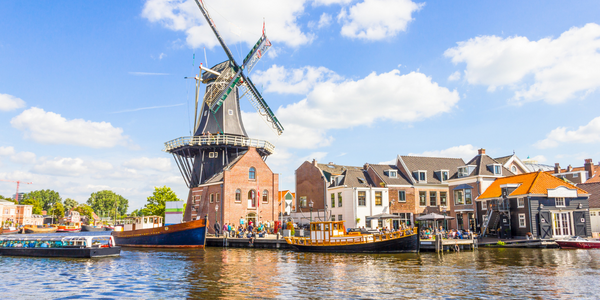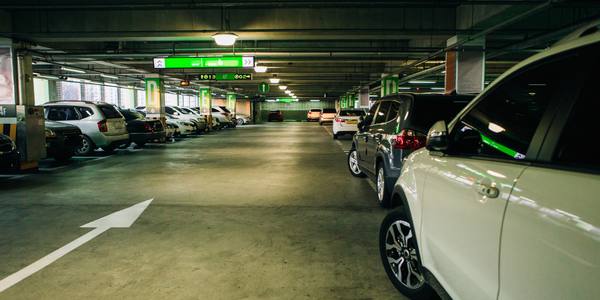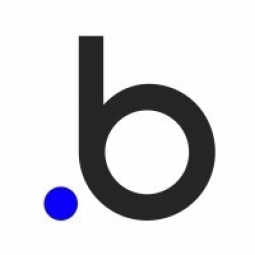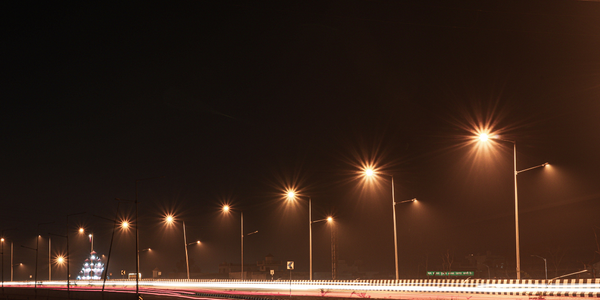下载PDF
IoT in Gaming: A Case Study on Make Fortnite Skins
技术
- 网络与连接 - 网关
- 传感器 - 液位传感器
适用行业
- 城市与自治市
- 电信
适用功能
- 采购
用例
- 时间敏感网络
服务
- 培训
挑战
Max 是 Make Fortnite Skins 的创始人,他继承了父亲对游戏和技术的热情。他注意到市场上存在一个空白,即游戏玩家对流行的在线视频游戏《堡垒之夜》的皮肤感兴趣。然而,他几乎没有编码经验,这给创建满足这一需求的平台带来了挑战。此外,Max 不确定他的网站能吸引多少潜在流量,尽管他在 Fortnite Reddit 子版块上相当活跃,并成功地将多篇帖子放到了首页。我们面临的挑战是创建一个用户友好的平台,能够满足《堡垒之夜》社区的需求并获得巨大的吸引力。
关于客户
制作《堡垒之夜》皮肤的主要客户是游戏玩家,特别是玩《堡垒之夜》的玩家。这些人有兴趣为他们的角色使用独特的皮肤来定制他们的游戏体验。客户群可能精通技术并且欣赏游戏的最新趋势。他们活跃在 Reddit 等在线平台上,参与有关游戏的讨论。该网站的迅速流行表明客户重视新颖性,并能快速探索与其游戏兴趣相关的新资源。客户还可能受到涵盖游戏内容的流行媒体和 YouTube 频道的影响。
解决方案
Max 选择使用 Bubble,该平台允许具有最少编码经验的用户创建应用程序和网站。他发现学习过程出奇地简单和流畅。在接触 Bubble 后的三周内,Max 就发布了其应用程序的全功能版本。他利用自己在 Fortnite subreddit 上的活跃表现来宣传他的网站,期望他的想法的新颖性能够吸引大量访问者。他的策略奏效了,他的网站一夜之间大受欢迎,第一天的访问量就超过了 15 万次。该网站在《福布斯》、IGN 和《每日邮报》上得到专题报道,并得到几个大型 YouTube 频道的推广,进一步扩大了其影响范围。
运营影响
数量效益
相关案例.

Case Study
Turning A Stadium Into A Smart Building
Honeywell created what it called the “intelligent system” for the National Stadium in Beijing, China, turning the venue for the opening and closing events at the 2008 Summer Olympics into a “smart building.” Designed by highly controversial artist Ai Weiwei, the “Bird’s Nest” remains one of the most impressive feats of stadium architecture in the world. The 250,000 square meter structure housed more than 100,000 athletes and spectators at a time. To accommodate such capacity, China turned to Honeywell’s EBI Integrated Building Management System to create an integrated “intelligent system” for improved building security, safety and energy efficiency.
.png)
Case Study
Smart Street Light Network (Copenhagen)
Key stakeholders are taking a comprehensive approach to rethinking smart city innovation. City leaders have collaborated through partnerships involving government, research institutions and solution providers. The Copenhagen Solutions Lab is one of the leading organizations at the forefront of this movement. By bringing together manufacturers with municipal buyers, the Copenhagen Solutions Lab has catalyzed the development and deployment of next-generation smart city innovations. Copenhagen is leveraging this unique approach to accelerate the implementation of smart city solutions. One of the primary focus areas is LED street lighting.

Case Study
Buoy Status Monitoring with LoRa
The Netherlands are well-known for their inland waterways, canals, sluices and of course port activities. The Dutch Ministry of Infrastructure indicates that there are thousands of buoys and fixed items in and near water environments that would profit from IoT monitoring. One of the problems with buoys for example, is that they get hit by ships and the anchor cable breaks. Without connectivity, it takes quite some time to find out that something has happened with that buoy. Not to mention the costs of renting a boat to go to the buoy to fix it. Another important issue, is that there is no real-time monitoring of the buoys at this moment. Only by physically visiting the object on the water, one gains insight in its status.

Case Study
China Mobile Smart Parking
Smart Parking, powered by NB-IoT technology, is making it easier for drivers to find free parking spots. Cities can better manage their parking assets and maximize the revenue available to them as a result. Drivers searching for parking create congestion and pollution by circling and hunting for available parking. Smart Parking services are able to significantly ease these problems by guiding a driver directly to a parking space.

Case Study
Barcelona Case Study
Barcelona’s heavy traffic and its associated high levels of pollution were the primary factors that motivated some companies and universities to work on strategies for improving traffic in the city centre. Bitcarrier is one of the technologies involved in the In4Mo Project, whose main objective is to develop the applications that form the core of smart mobility, one of the fundamental pillars of the smart city concept.






